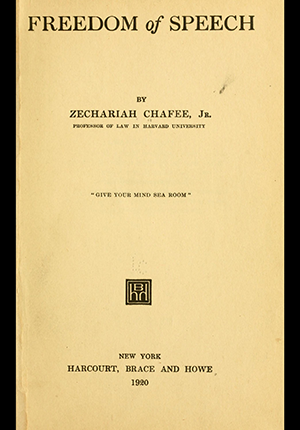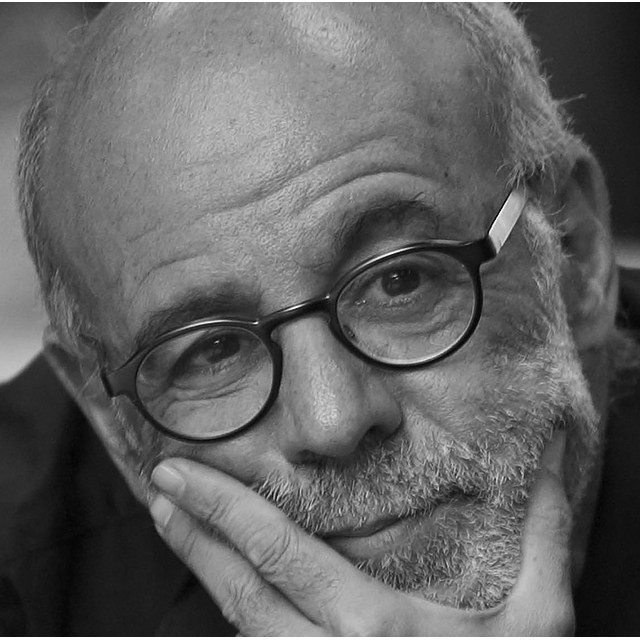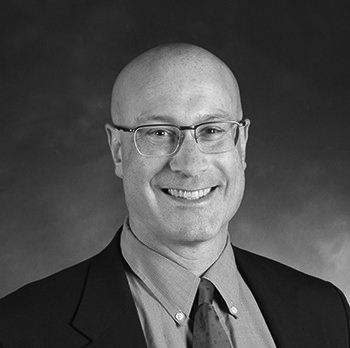Historic Document
“Freedom of Speech” (1918)
Zechariah Chafee, Jr. | 1918

Library of Congress
Summary
A professor at Harvard Law School, Zechariah Chafee, Jr., was a major force behind the development and, ultimately, adoption by the Supreme Court of modern civil libertarian understandings of the freedom of speech and of the press that afforded wide scope for the liberty of speech, publication, and expression, even in times of war and concerning other threats to national security. Although already beginning to develop these speech-protective views alongside similarly inclined voices at the time, Chafee was spurred into transformative action by the aggressive restrictions on speech imposed during World War I by the Espionage and Sedition Acts. From his perch at Harvard, Chafee not only wrote on the subject, but argued his points directly with Supreme Court Justices Oliver Wendell Holmes, Jr., and Louis D. Brandeis, persuading Holmes to change his views on the matter, and introducing arguments for free expression that informed the landmark Holmes dissent in Abrams v. United States (1919) and the Brandeis concurrence in Whitney v. California (1927). The famed Holmes-Brandeis dissents in free speech cases laid the foundation of the modern constitutional doctrine of the freedom of speech, press, and expression.
Selected by

William E. Forbath
Lloyd M. Bentsen Chair in Law, and Associate Dean for Research, The University of Texas at Austin School of Law

Ken I. Kersch
Professor of Political Science, at Boston College
Document Excerpt
On June 15th, 1917, Congress passed the original Espionage Act. Title I, Section 3 established three new offenses: (1) false statements or reports interfering with military or naval operations or promoting the success of our enemies; (2) causing or attempting to cause insubordination, disloyalty, mutiny, or refusal of duty in the military and naval forces; (3) obstruction of enlistment and recruiting …. Already over seventy prosecutions under the act for mere speaking, writing, or printing have come to trial or been otherwise heard in court…. This widespread governmental action against the discussion of public questions deserves careful examination….
The First Amendment to the Federal Constitution guarantees “freedom of speech and of the press,” but some judges have limited this to freedom from interference before publication, and would therefore hold the Espionage Act constitutional because it only imposes punishment after publication…. This definition of liberty of the press originated with Blackstone and ought to be knocked on the head once and for all…. Severe punishment for sedition will check political discussion as effectively as a censorship. The men who drafted the First Amendment knew this well…. Since Blackstone’s definition was really just a statement of the objectionable English law of seditious publications [as applied, and rejected by the colonial populace in the trial of the New York printer John Peter Zenger], it throws no light on the meaning of the free speech clauses in our Federal and State Constitutions…. When Congress enacted the Sedition Law of 1798, punishing “writings against the government of the United States and the President,” Jefferson treated it as unconstitutional, while Hamilton … defended a Federalist editor from prosecution in the name of the liberty of the press. Thus we have testimony from the leaders of both parties…..
The true meaning of freedom of speech seems to be this. One of the most important purposes of society and government is the discovery and spread of truth on subjects of general concern. This is possible only through absolutely unlimited discussion …. Nevertheless, there are other purposes of government, such as order, and the training of the young, protection against external aggression. Unlimited discussion sometimes interferes with these purposes, which must then be balanced against freedom of speech, but freedom of speech ought to weigh very heavily on the scale. The First Amendment gives binding force to the principle of political wisdom….
In war-time, therefore, speech should be free, unless it is clearly liable to cause direct and dangerous interference with the conduct of the war…. [W]hile national welfare doubtless demands that [a] just war be pushed to victory, it also demands that an unjust war be stopped. The only way to find out whether a war is unjust is to let people say so…. If there was one thing which the First Amendment was meant by our ancestors to protect, it was criticism of the existing form of government, the kind of criticism which George III’s judges punished. Even if the Act permits temperate discussion, which is doubtful, it still abridges free speech, for the greater the need of change, the greater the likelihood that the agitators will lose their temper….
A friend of Lovejoy, the Abolitionist printer killed in the Alton Riots, said at the time that we are more especially called upon to maintain the principles of free discussion in the case of unpopular sentiments or persons, as in no other case will any effort to maintain them be needed. We have made a mistake under the pressure of a great crisis. We should admit it frankly before intolerance becomes a habit in our law, [and] repeal this entire section of the Espionage Act ….




